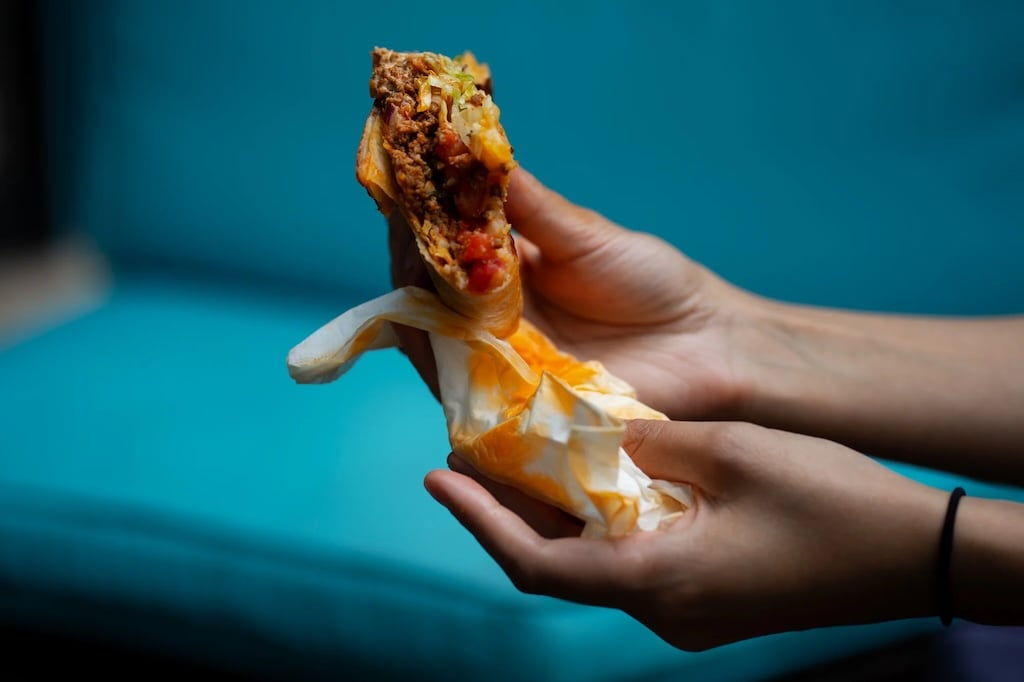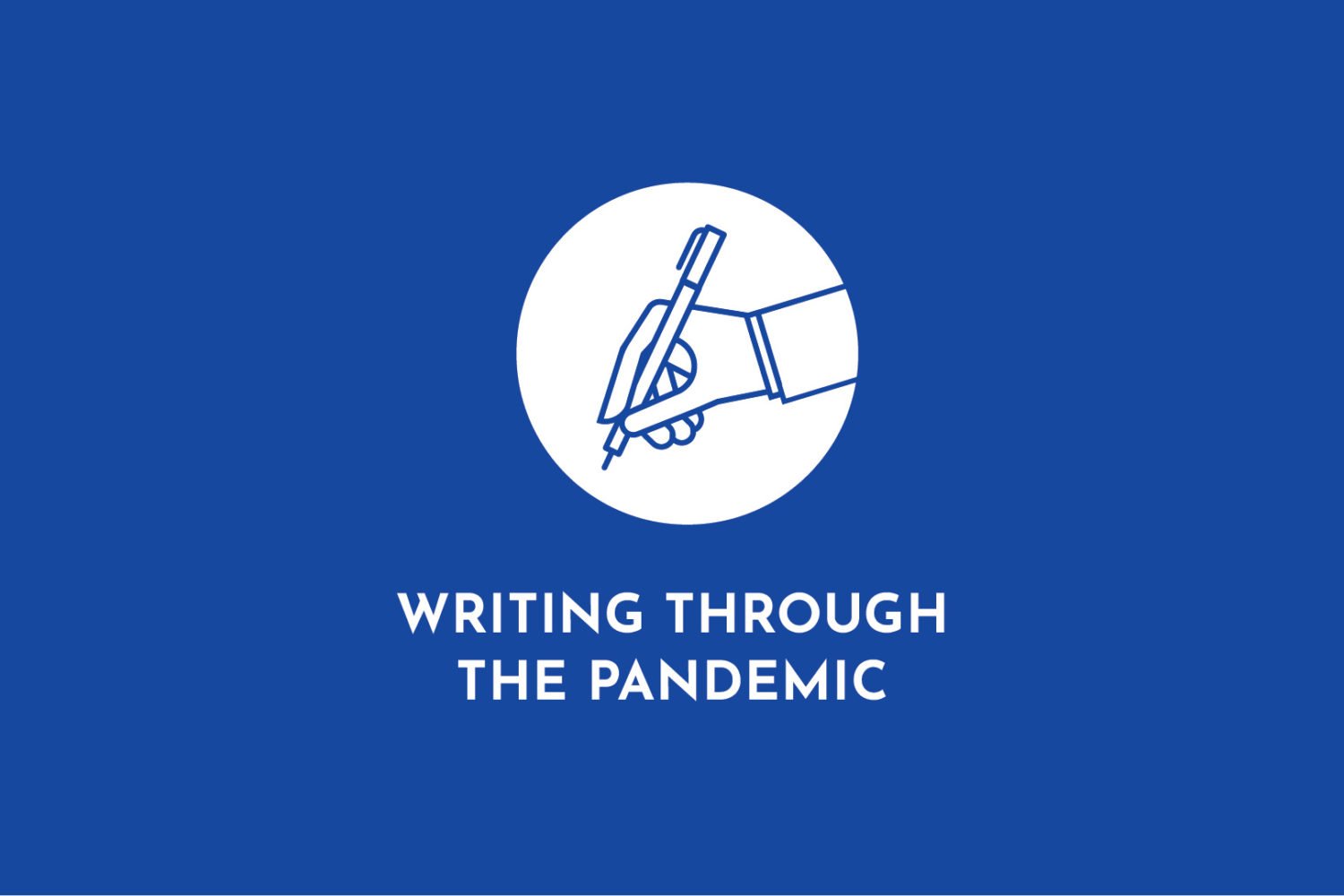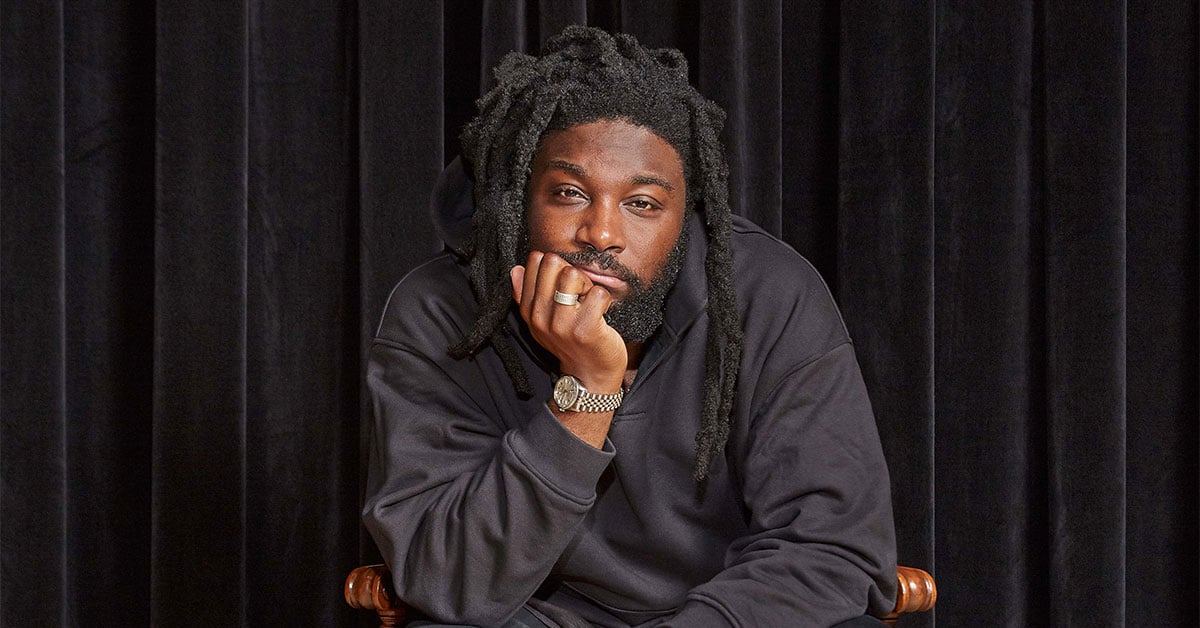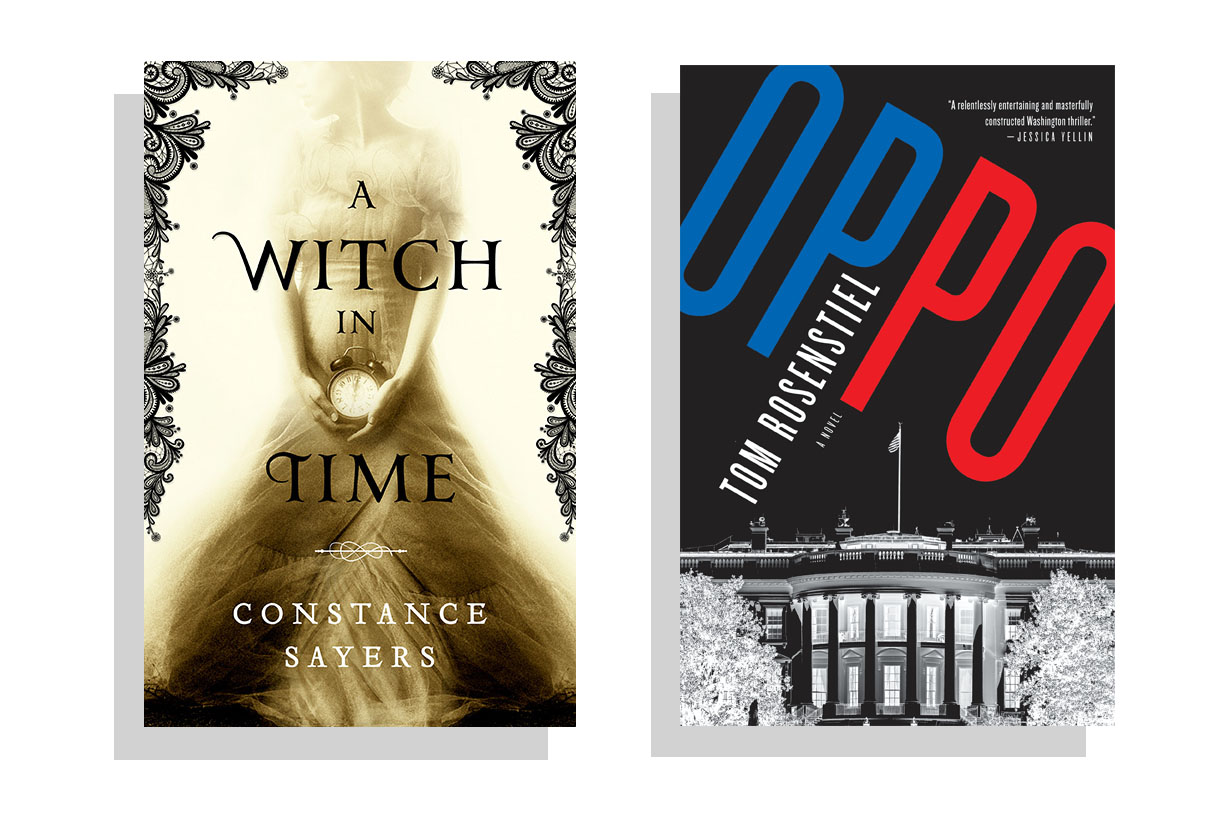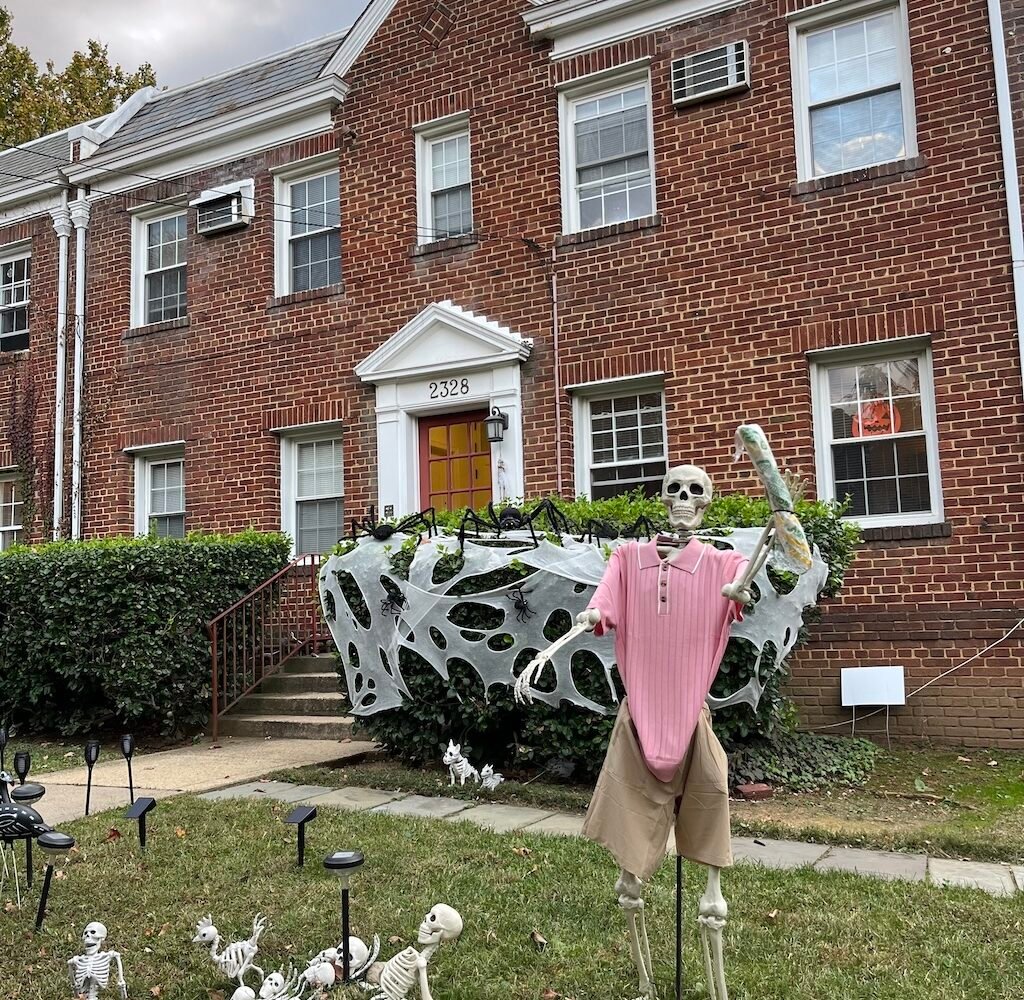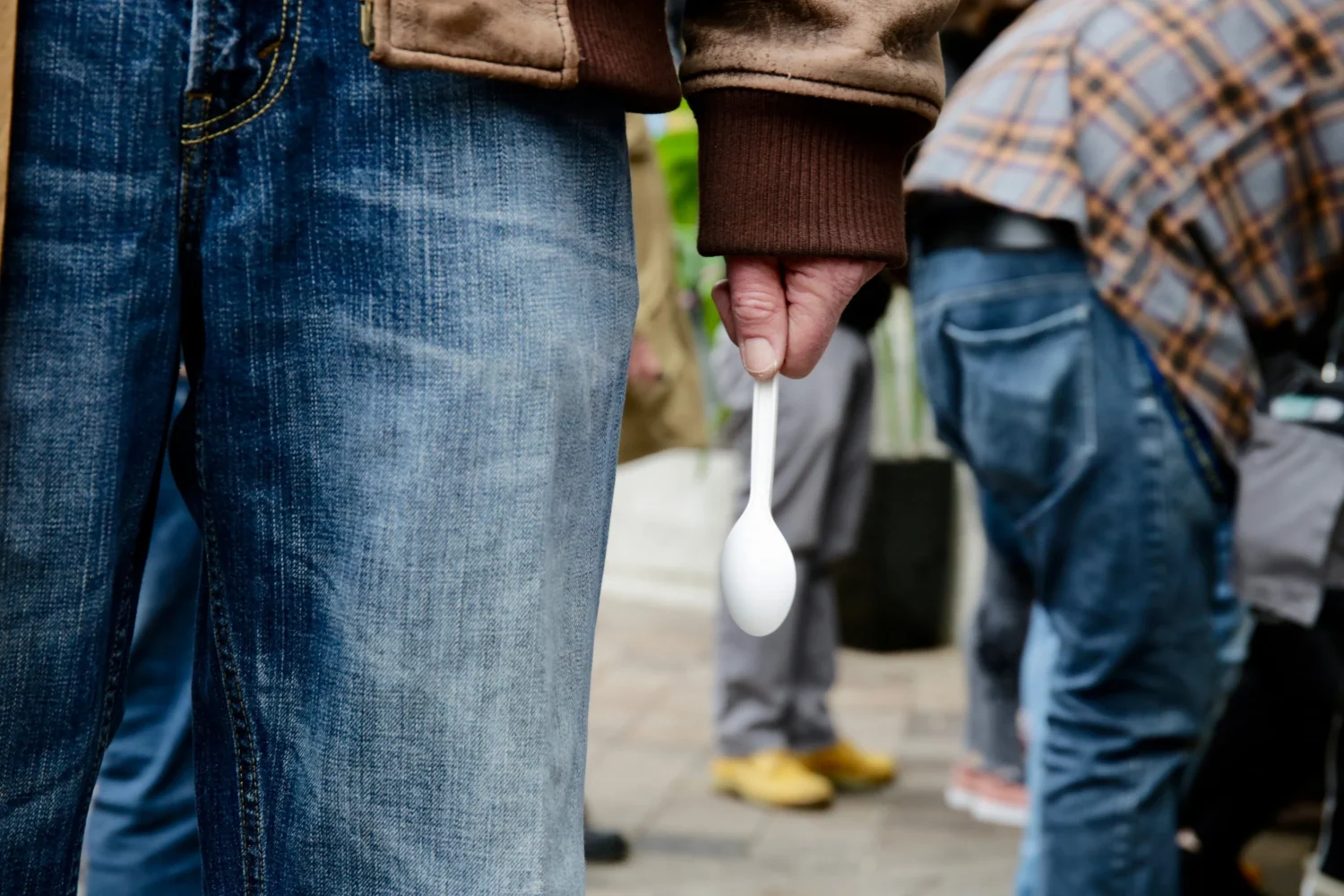In Olga Grushin’s The Dream Life of Sukhanov, we meet the novel’s namesake at his worst—or what we hope is his worst. His teenage daughter, Ksenya, has nicknamed him Cerberus after the mythological three-headed dog that devoured the spirits of the dead. His son, Vasily, doesn’t respect his father even as he mirrors his social-climbing ways. And Sukhanov spends more time focused on a painting of his wife, Nina, than on speaking to her. He’s the definition of “out of touch”—and probably the least suited to the revolution occurring around him.
As editor of the Soviet Union’s Art of the World magazine in 1985, Sukhanov is at the crest of a wave of social change. Glasnost is showing itself, most formidably in a request to Sukhanov from the Ministry of Culture to publish an article about surrealist painter Marc Chagall. Firmly entrenched in the apparatchik, Sukhanov sees the order as a test of loyalty as well as “an absolute break with decades of steadfast traditions of Soviet criticism, which he himself had helped to invent.”
He’s even more resistant to change at home. Befuddled by the unannounced arrival of Fyodor Dalevich, a long-lost cousin, Sukhanov is displaced from his bed to an uncomfortable sofa and forced to watch his family’s affections drift toward this stranger who cooks better than his wife. What’s more, Dalevich is at the center of a paranoia that afflicts Sukhanov upon discovering the identity of the Chagall article’s author.
Yet these nuisances don’t hold a candle to Sukhanov’s biggest problem: He can’t stop hallucinating about the past. In the middle of a dinner-party conversation, during walks down the street, no matter where or what time of day, Sukhanov may be off in his own world.
Grushin uses these flashbacks to turn our attitude toward Sukhanov from contempt to sympathy. Whenever Sukhanov slips into recall, Grushin allows him to tell the story. Sure enough, as soon as the switch is made to first person, Sukhanov seems more real. Grushin succeeds tremendously in allowing such a simple change to affect our view of this character.
Through Sukhanov’s memories, we learn how he got to this point: The professor who sparked his artistic imagination. The choice Sukhanov made in 1963 to denounce his passion, secure his family’s riches, and ensure a comfortable life. Most important, the words of his father, who fatally threw himself from a window in front of young Sukhanov: “Don’t let them clip your wings.”
Sukhanov’s interpretation of this warning is heartbreaking: that “the only life worth living was a life without humiliation, a free life, a safe life—and the only sure way to avoid having one’s wings clipped was to grow no wings at all.” He rejected a life of uncertainty to “carve from the world around him a small, secure happiness, all his own.”
Written by a Russian-born author who lives in DC and only recently received her US citizenship, The Dream Life of Sukhanov may be interpreted as a meditation on the narrowing cultural divide between the United States and Russia. But it would be a shame to let that simplification distract from the novel’s greatest rewards.
It’s a quiet celebration of an imperfect life, a delicate portrait of an old man who seems at first so easy to dislike. How wonderful, this trick Grushin has pulled, to make me miss her poor Sukhanov.
Publisher:
Putnam
Price:
$26.95



